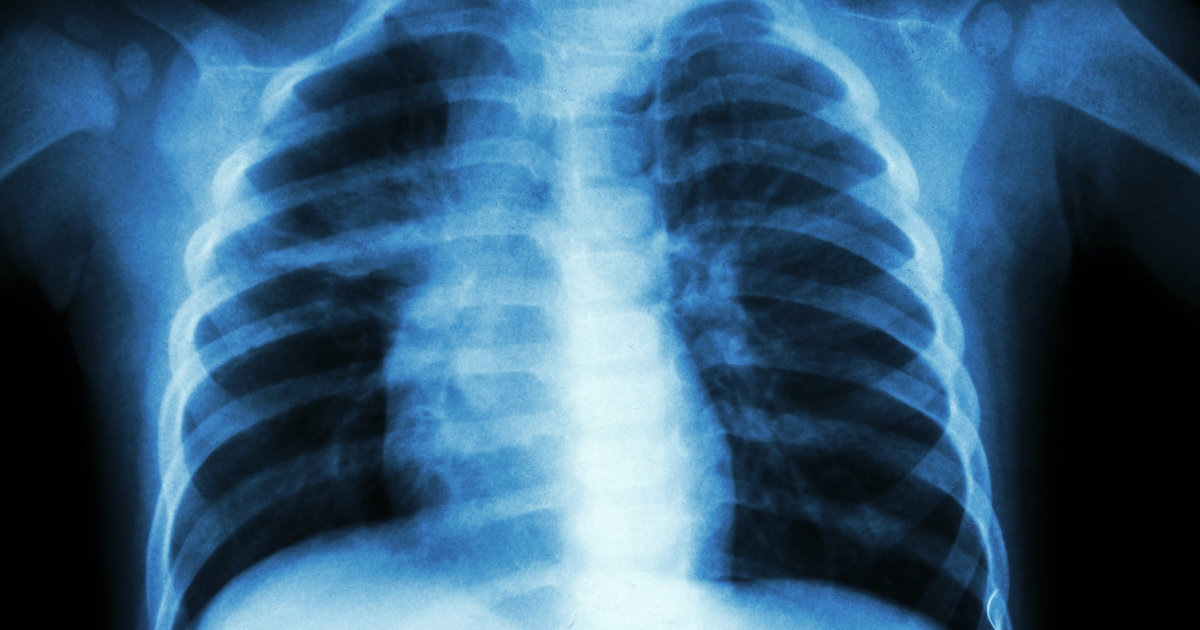Guide To The Causes Of Black Phlegm
Being sick is scary enough, but add onto it the presence of black phlegm, and it can cause a lot more stress and questions. Phlegm is similar to mucus, but it is produced in the lungs. It can be an indication of a serious condition or caused by dirt or smoke that might be in the air. Therefore, individuals need to make sure they consult a doctor if they experience black phlegm. Some of the conditions that can cause black phlegm are contagious and others need increased medical intervention. Understanding what is causing black phlegm is critical in being able to treat the underlying condition.
Uncover the details on the major causes of black phlegm now.
Pneumonia

Pneumonia, which can affect one or both lungs, can be caused by a virus, bacteria, and other organisms. Depending on when patients get treatment for pneumonia, they can affect the length of time they have it and the severity of it. When it gets very serious, patients may need hospitalization. Additionally, and especially if a patient has a compromised immune system or other conditions, pneumonia can be fatal. Because the illness affects the air sacs in the lungs, it can result in a persistent cough, which can produce dark brown or black (blood stained) phlegm. If patients think they have pneumonia, a hospital can confirm it with an x-ray of your lungs. This can let the doctors know how severe it is and if it is infecting both lungs. The doctor may also want samples of phlegm or mucus to further identify what is causing it, which will lead to an effective treatment plan.
Learn more about the major causes of black phlegm now.
Tuberculosis

Tuberculosis is a highly contagious illness caused by bacteria that needs to be identified as soon as possible. There are warning signs, but they also mimic symptoms of other illnesses. It is important for patients experiencing a persistent cough, coughing up blood, or chest pain to be seen by a doctor promptly. It is not normal to cough up black mucus or phlegm and can be an indicator of tuberculosis. If patients are coughing up phlegm with this condition, it can be tinged with blood, which is what can make the phlegm appear black. This is a serious symptom that demands medical attention. There are medicines patients can be given to help fight tuberculosis, though patients still need to be kept away from individuals who are not suffering from tuberculosis due to its contagious nature.
Continue reading to reveal more black phlegm causes now.
Exposure To Irritants

Individuals can be exposed to hundreds of different inhalable substances every day. If they are inhaled, the logical place for them to be processed is through the lungs, but if the irritants enter the lungs, they can cause many problems. So, what a doctor has to determine is whether the black phlegm is a temporary condition. It could be temporary if an individual had been working outside and dirt or smoke were involved. What individuals inhale can be coughed up. And, if it was black stuff they were working with, the phlegm can be the same color.
Continued exposure to irritants, like smoking, will damage the lungs. Thus, it is possible for individuals who quit smoking to cough up darker phlegm because of all the toxins that had been trapped. Other things that can cause the phlegm to be black include exposure to coal mining, asbestos, and silica.
Get to know more details on the causes of black phlegm now.
Sarcoidosis

Sarcoidosis can affect many organs in the body, though almost half of all cases affect the lungs. It is an inflammatory disease and makes the body's immune system go crazy. Like other diseases that affect the lungs, this disease can cause chronic coughing and shortness of breath. If the mucus in the lungs gets thick, it can make it harder to breathe. Sarcoidosis is different from other conditions because some individuals get it and never know about it, as it can just clear up on its own. However, when sarcoidosis attacks the lungs, it can cause scar tissue and mucus. The build-up of scar tissue is called pulmonary fibrosis, and if it is severe enough, it can cause respiratory failure. When coughing up the mucus, it can be dark because individuals are coughing so hard it can be tinged with blood and look brown or black.
Learn more about the various causes of black phlegm now.
Heart Valve Disease

Heart valve disease can be very serious. Normally, the heart valves allow blood to flow through the lungs so it can get oxygen and get rid of carbon dioxide. Blood has to be pumped throughout the body and goes from the heart, through the lungs, and back to the heart. If the valves are not working properly, blood can back up in the lungs. One result of this can be congestive heart failure. And because there is now blood in the lungs, when individuals cough up phlegm or mucus, it can be colored with the blood. This can result in it being a number of different colors, including brown and black. If individuals have symptoms like fatigue, shortness of breath, swelling, or dizziness, they should see a doctor. When they listen to the patient's heart, they might be able to hear a heart murmur. If this happens, patients need to make sure they get treatment to manage or fix the condition, because if too much fluid builds up in the lungs and around the heart, it can be fatal.